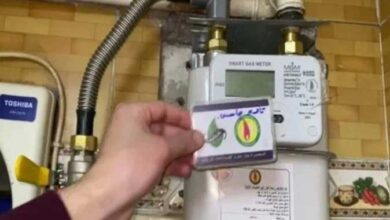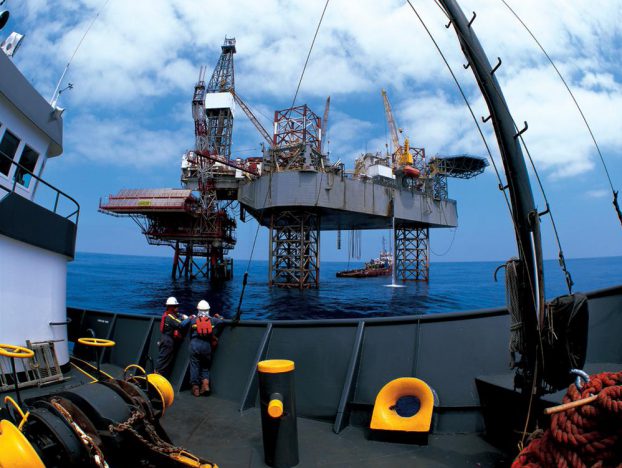Egypt’s demand for petroleum and gas will reach 103 billion tons annually by the beginning of 2020, the equivalent of 750 million barrels of oil, said Hussein Abdallah, former first undersecretary of the Ministry of Petroleum.
Egypt’s oil and gas reserves are officially estimated at 16 billion barrels of oil and 12 billion tons of gas, the equivalent of 2200 tons of petroleum, said Abdallah, therefore, Egypt’s share of these reserves, after its foreign partners take their share, may be fully depleted by the beginning of 2020. This would force Egypt to purchase its petroleum and gas at world market prices, which is not expected to be less than US$120 a barrel. At this price, Egypt would have to pay US$90 billion annually to satisfy its demand for petroleum and gas.
As Abdallah indicated in his latest study, “The challenges and dangers associated with oil and gas in Egypt and the Middle East,” the critical point may arrive several years before 2020. At this point, Egypt will be plunged into an international struggle of states seeking to secure their oil and gas needs in a climate of diminishing reserves.
Egypt has been a net importer of petroleum and gas for some time, since its production no longer meets domestic demand, said Abdallah. This difference is covered by purchasing oil and gas on the world market at international prices in foreign currencies. He noted that in 2005, Egypt produced the equivalent of 58 million tons of petroleum, of which Egypt received 39 million tons after its foreign partner’s took their share. In 2007, production reached 76 million tons, of which Egypt took 47 million tons, however, last year, Egypt consumed 60 million tons of petroleum, meaning 13 million tons were purchased in international markets. This has resulted in an accumulation of Egypt’s foreign debt, which could be used in the future to pressure Egypt to make economic concessions that otherwise would not be possible.
Citing Egypt’s limited non-petroleum exports and increased dependence on imports to fulfill basic needs, Abdallah asked, “What happens if we become incapable of providing for our energy needs?”
One idea is to increase gas production levels in Egypt, however, Abdallah argued this is a waste of reserves. Under this plan, the holding company for gas in Egypt will increase production in order to increase exports. Gas production increased approximately 24 percent annually between 2004 and 2008, jumping from 24 million tons to 56 million tons. Production is supposed to increase to 90 million tons by the beginning of 2011, said the chairperson of the Egyptian Holding Company for Gases. Abdallah argued that it would be more strategic to direct this investment toward local industries geared toward export, with the goal of increasing Egypt’s hard currency reserves. This money could be put into a fund to help future generations with their energy needs. One example of this is Norway, which according to the International Monetary Fund, had a fund worth US$380 billion as of February 2009, even though the population of Norway is only 4.8 million.
Egypt’s plan to increase production and exports will only cause Egypt’s gas reserves to dry up more quickly. At a production rate of 90 million tons per year, Egypt’s 76 trillion cubic feet of gas reserves could dry up within 20 years. However, some experts believe Egypt’s actual reserves are significantly smaller.
There are several questions that need to be answered, said Abdallah. According to reports issued by the Ministry of Petroleum, the cost of production does not exceed 70 cents for every million BTUs. The selling price is significantly higher than this, and should bring Egypt substantial revenues.
Egypt needs to curb its gas and petroleum production to only cover domestic consumption, so that its reserves can be used to meet the needs of future generations, said Abdallah. Such a policy will delay the point at which Egypt will become completely dependent on importing energy.
Translated from the Arabic Edition.
Business




